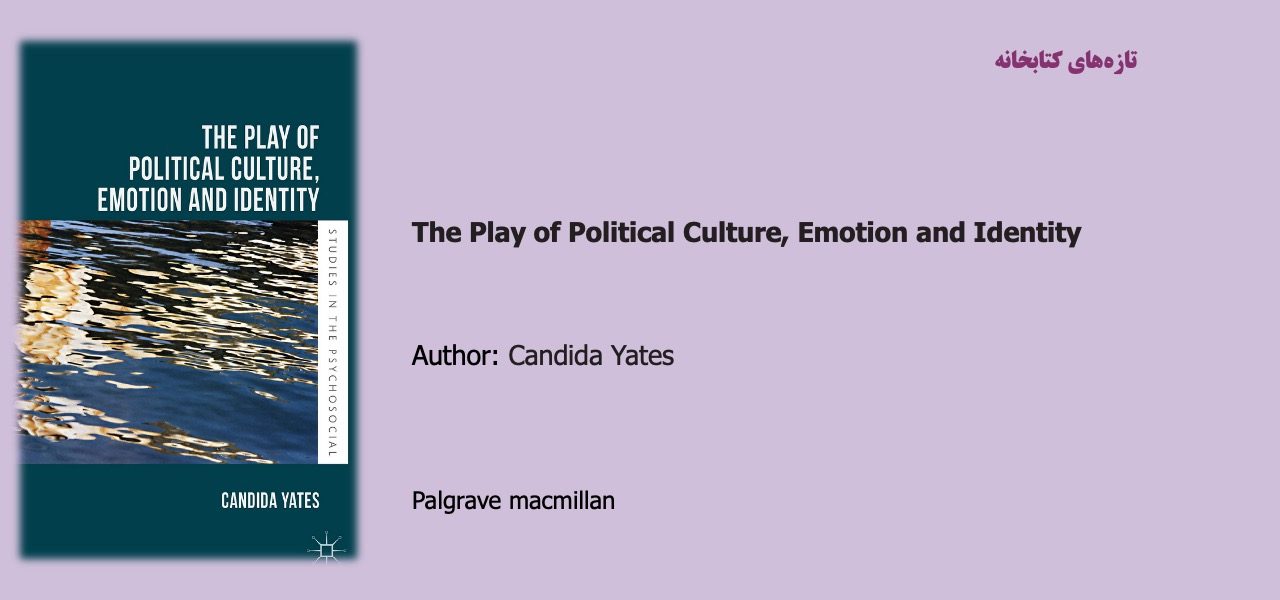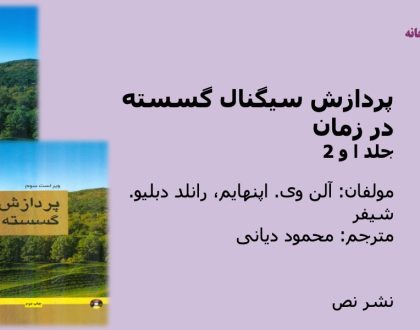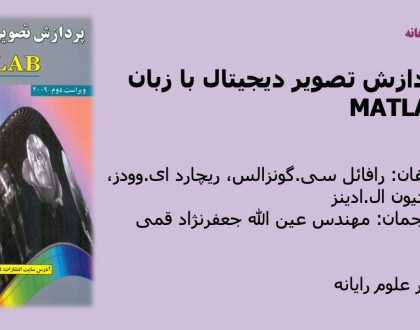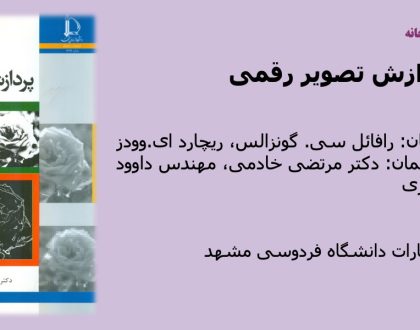The Play of Political Culture, Emotion and Identity

This book explores the relationships between emotion, identity and fantasy within the mediatised landscape of contemporary political culture. Focusing mainly on the UK context, the study of these relationships takes the form of an interdisciplinary ‘psycho-cultural’ approach that uses theories and methods taken from the fields of psychosocial studies, cultural and media studies.
A starting place for this book is that politics – and our engagement with it – has become increasingly emotional (Lilleker, 2012; Richards, 2007).
The emotionalisation of politics can be found in different aspects of political culture, which include the field of political representation, the content of political policy and the engagement with those representations and policies within and via different aspects of the media and popular culture.
One can cite numerous images of politicians performing emotively for the camera – from Tony Blair’s speech following Princess Diana’s death in 1997, to Hillary Clinton’s tears on her 2008 election campaign, or the former Australian Prime Minister Kevin Rudd’s tearful retirement speech in 2013. The UK government’s focus on notions of ‘emotional wellbeing’ and ‘happiness’ also provides an example of the way in which the language and discourses of emotion have permeated the political discourses of public life (Lennon-Patience, 2013; Richards, 2007; Rustin, 2007; Yates, 2011). As I discuss, the study of emotions in this context needs to include a focus on notions of fantasy, affect and the unconscious and the psychological defences and anxieties that are stirred up, communicated and experienced within the day-to-day mediatised contexts of political culture.
مطالب مرتبط

پردازش سیگنال گسسته در زمان
۱ / شهریور / ۱۴۰۳

پردازش تصویر دیجیتال با زبانMATLAB
۱ / شهریور / ۱۴۰۳

پردازش تصویر رقمی
۱ / شهریور / ۱۴۰۳

